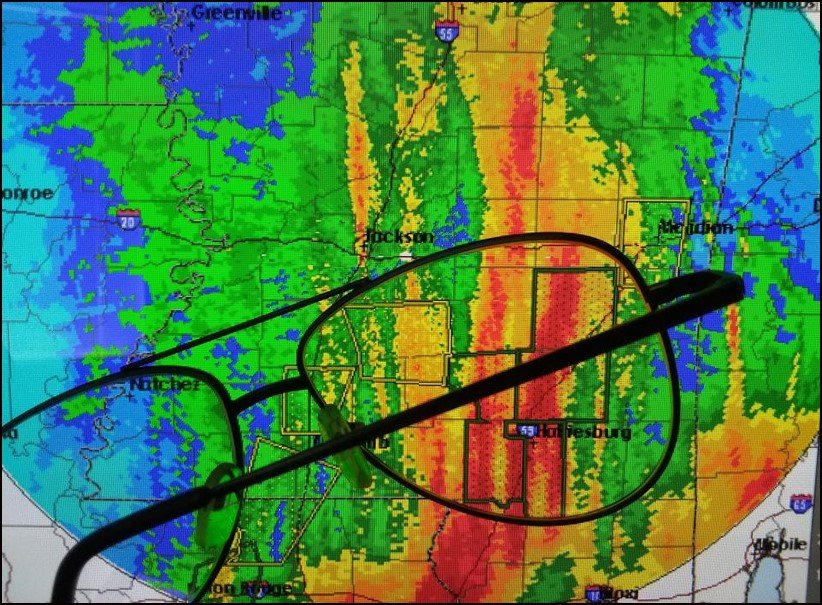Most Reliable Weather Model : A slogan that transcends workplaces and career pathways is to use the correct tool for the job.
To construct a forecast, meteorologists must choose from a variety of weather computer dorian models, similar to how a plumber chooses the correct wrench or a surgeon chooses the perfect clamp.
What Is the Most Accurate Weather Model?

Models are differ in terms of lead time, precision, and competence, but each has a role in a meteorologist’s forecast.
However, it is uncommon for a meteorologist to choose only one model to use.
The use of several models is an important aspect of the forecasting process.
This allows for circumstances where a single model, for example, anticipating a huge, land-falling storm, can be ignored when the great majority of models predict a quick turn out to sea.
The majority of discussions regarding which model guidance to follow focus on the multiple American weather models run by the National Weather Service and the European model (Euro) published by the European Center for Medium-Range Weather Forecasts.
While these are the most well-known, there are also weather models run by Environment Canada (Canada’s version of the National Weather Service) and the Met Office in the United Kingdom, to mention a few.
Each of these weather models uses a series of equations to predict the atmosphere, but the equations are slightly different, which can mean the difference between the need for evacuations and business continuity and a calm, late-summer day.
To exclude outlying solutions and contextualise the overall hazards, meteorologists generally use an ensemble approach to assist refine the forecast.
Meteorologists can use the ensemble approach to look at a number of weather models rather than looking at each one individually.
Looking at numerous alternative models to examine how completely different sets of equations handle the same circumstance is one of these ensemble forecasting strategies.
Due to a model’s, often inadequate, treatment of the atmosphere, this initial pass can indicate to outlying model solutions.
However, this information is useless in determining whether a storm is moving east or west.
In the second pass, earlier runs of the same models are often used to try to develop a trend in the modelling.
This can help narrow down a storms track and intensity and can point out if just a single run of a model was ‘off’.
Finally, meteorologists can consult the ensembles of each model. A model is run numerous times with slightly changing initial circumstances using this method.
Each of these somewhat differing initial conditions can cause a departure in a storm’s track and intensity, which helps eliminate outlying solutions and boost confidence where track and intensity convergence is good.
The employment of several models is crucial in forecasting, but it comes with its own set of drawbacks.
Hurricane Sandy made landfall in New Jersey in 2012, wreaking havoc.
The European model correctly predicted the expected trajectory, including the left turn, seven days ahead of time.
Most other model solutions, on the other hand, threw Sandy out to sea, leaving the European model as an outlier.
Other weather models began to foresee a land-falling hurricane after several runs, and the models that took Sandy out to sea became the outliers.
Additional preparations may have been done if forecasts had been locked into European models forecast earlier.
If that early land-falling course had been used, and the storm had then moved out to sea, the forecast would have appeared to be alarmist.
This is an example of the difficulty faced by meteorologists when several options exist for the same storm, in this instance one of the most expensive hurricanes in US history.
Meteorologists anticipate more detailed models and models that can reliably forecast systems as large as hurricanes down to individual storms within a rain band as processing capacity rises.
Even with those advancements, a meteorologist’s first method for determining the most accurate forecast will likely remain the usage of numerous models.
Also Read:








![Buying the Dip: The Meaning And Its Importance [Markets Strategy] Buying the Dip](https://fox24x7.com/wp-content/uploads/2021/11/Buying-the-Dip--180x135.jpg)


























